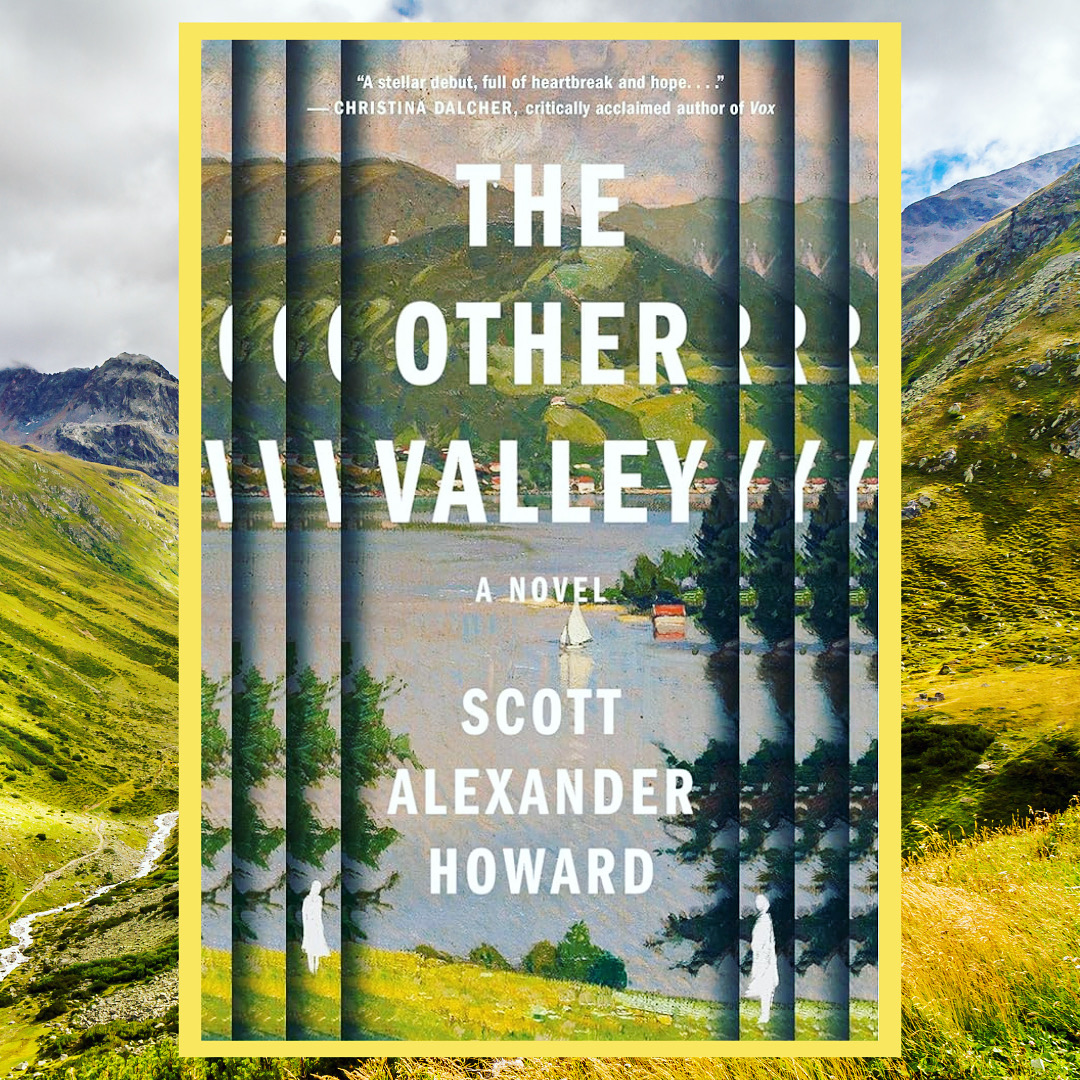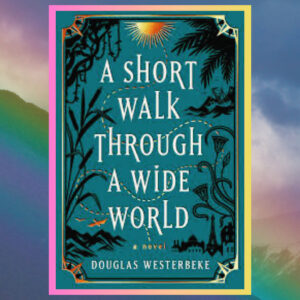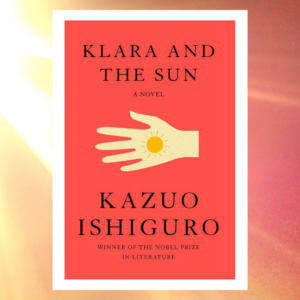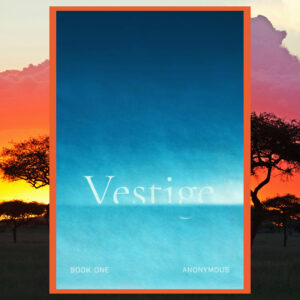🌟🌟🌟🌟
A fascinating speculative premise and a read I absolutely could not put down for almost exactly the first half (Part1). Although this reader did find the pacing and characterization of the second half (Part 2) less rewarding, overall this is a stunning read – original, interesting and well worth exploring for the ideas examined alone.
Telling the story is our first person POV narrator Odeline, a strange and socially awkward sixteen-year-old, who may be finding herself in love for the very first time. Through Odeline’s eyes, the author weaves a world that is both mesmerizing and chilling (reminiscent in many ways of the excellent Shirley Jackson) occupying a reclusive rural valley, with a community of equally eery and emotionally-unapproachable characters – each of whom you can almost understand, and relate to, on an emotional level, but somehow, not quite get there. Although the location and timescape of this world (or series of worlds) is never revealed, it’s clear that these people are and will remain somewhat ‘alien’ (or other), perhaps due in part to their deeply suppressed and imminently bizarre lives.
Bound into a village in a deep valley that is surrounded, on the east and the west, by a chain of identical valleys and villages, (each of which is mostly forbidden to access by inhabitants of any other place), these villages are in effect the world transposed twenty years forward into the future, and twenty years backward into the past, as you travel east or west from the world in the center. Presumably, ad infinitum. The citizens of this worldly time warp live with weird and unfathomable cultural and enforced restrictions, aimed at keeping the boundaries of their temporal reality safe and unmuddied, all of which is fiercely guarded by the formidable Conseilors (rule-makers) and their gendarmes (foot soldiers).
Within this spectacular setting, the author explores heady and mind-expanding issues such as – what exactly controls the unfolding of time – and are we bound to its singleminded linear passage? Can we reverse it or escape it, and are there doors for alternate choices?
What exactly would each of us do differently, if we had the experiential foreknowledge of specific outcomes? Of grief, and the heartbreak of pain, and loss?
I loved the authors head-on exploration of these ideas, and find myself still puzzling out some of the related plot maneuvers.
A great big thank you to Netgalley, the author and the publisher for an ARC of this book. All thoughts presented are my own.



